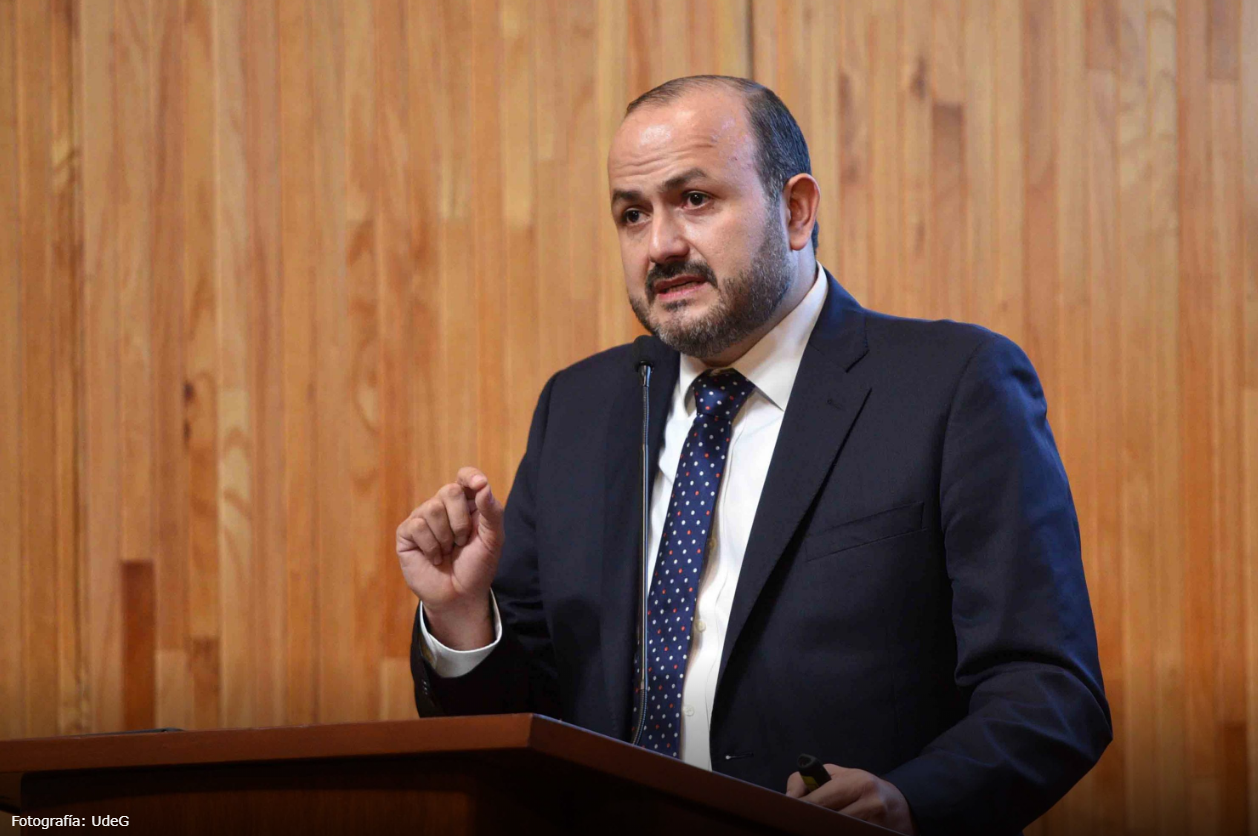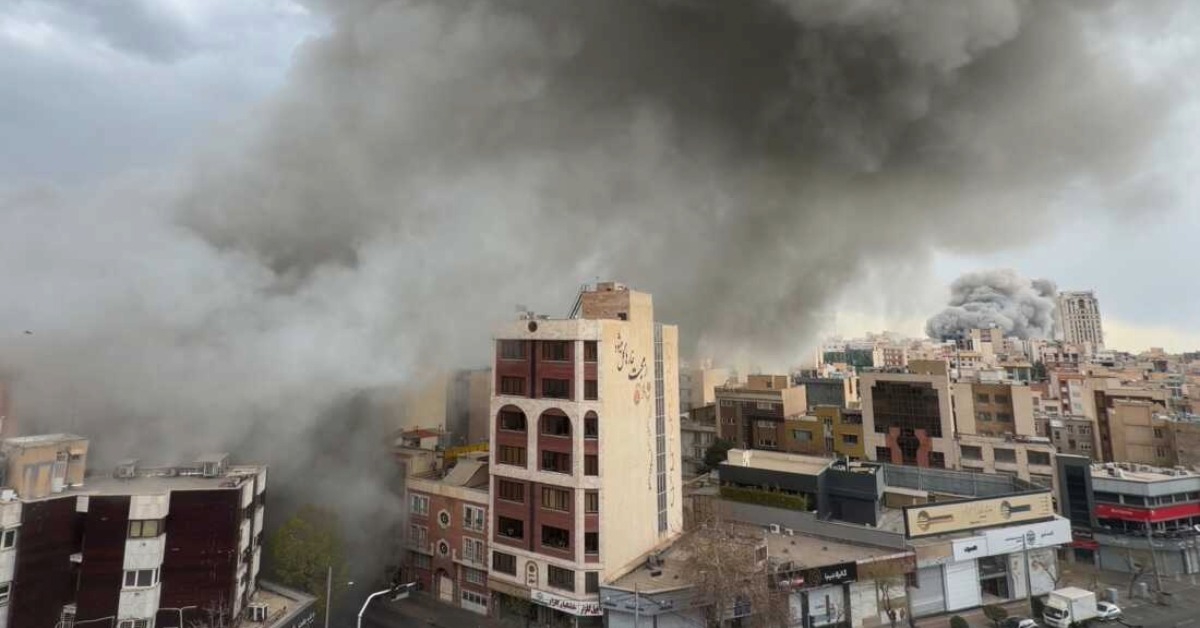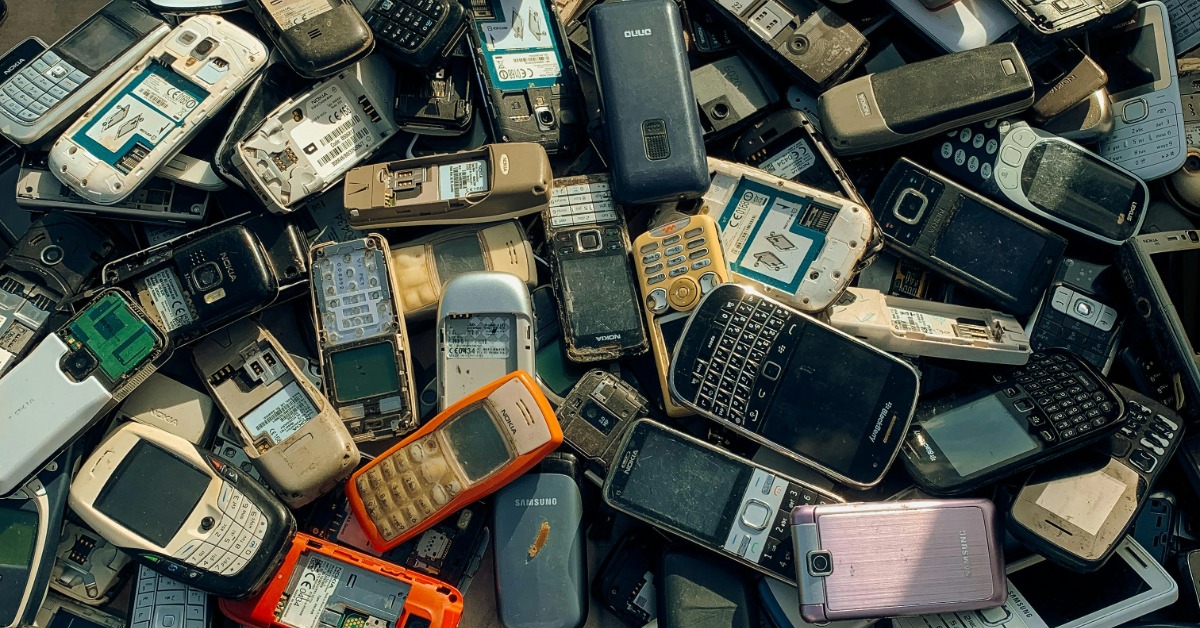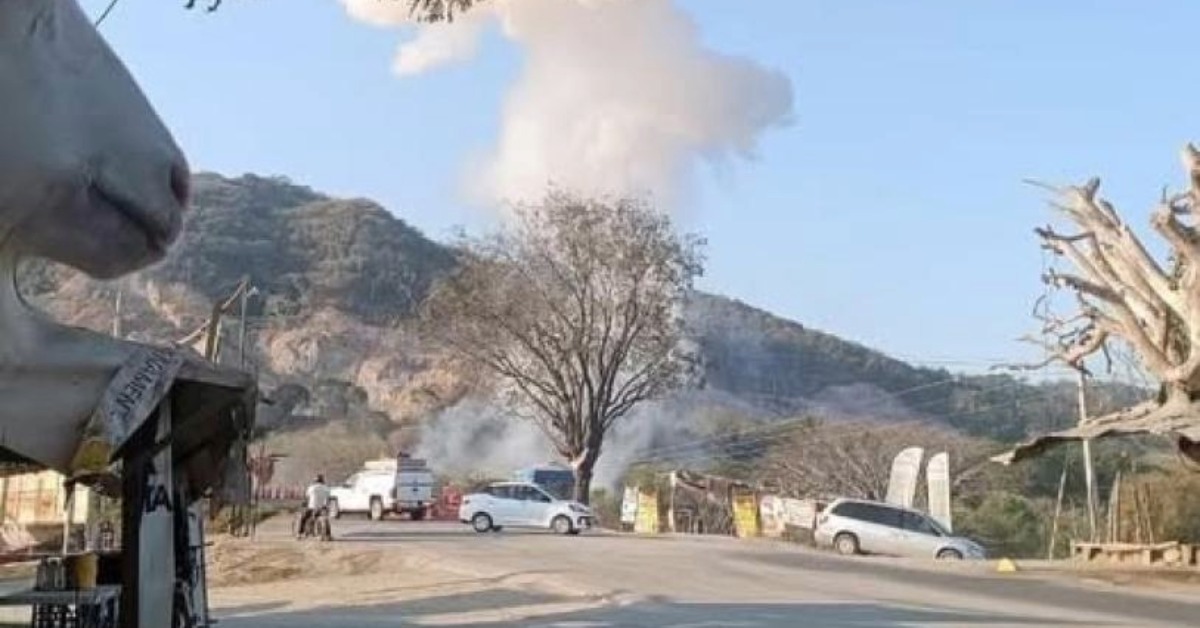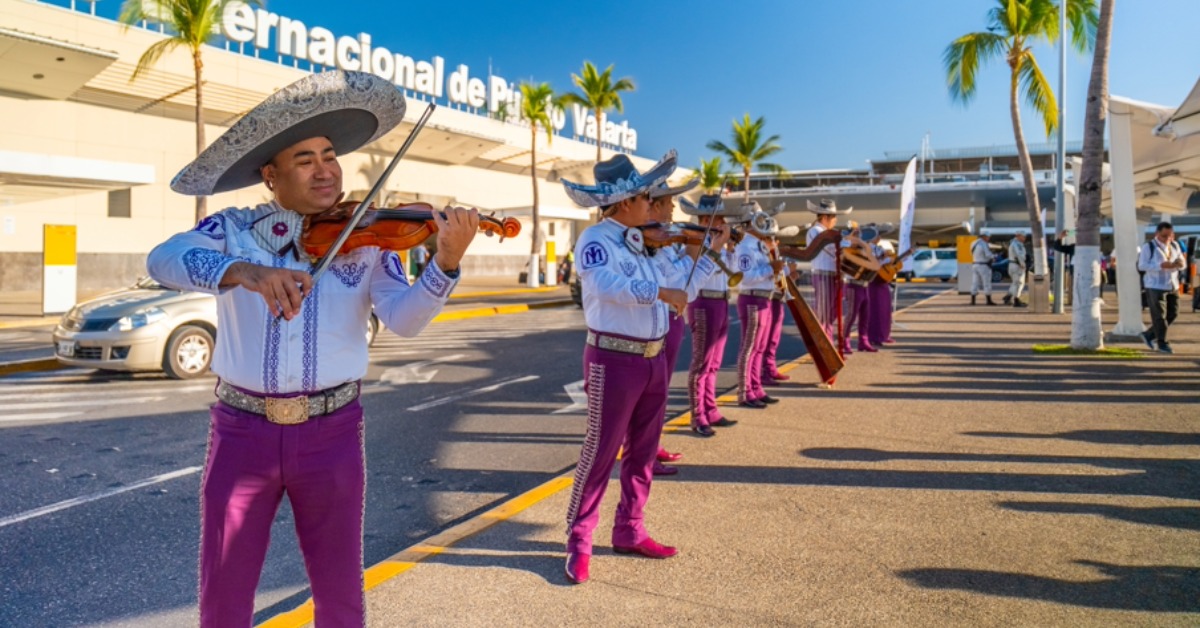Facing an unemployment crisis from the COVID-19 pandemic, the University of Guadalajara (UdeG) presented three actions to face it and recommended the partial and gradual opening of the economic sector in June.
The first is a comparative analysis of actions taken by other countries for the protection of employment, in which Mexico stands out as the one that has contributed the least.
In the so-called Replica Model, variables such as economic sectors, mobility and use of masks.
The rector of the University, Ricardo Villanueva pointed out that May is a critical . . .


